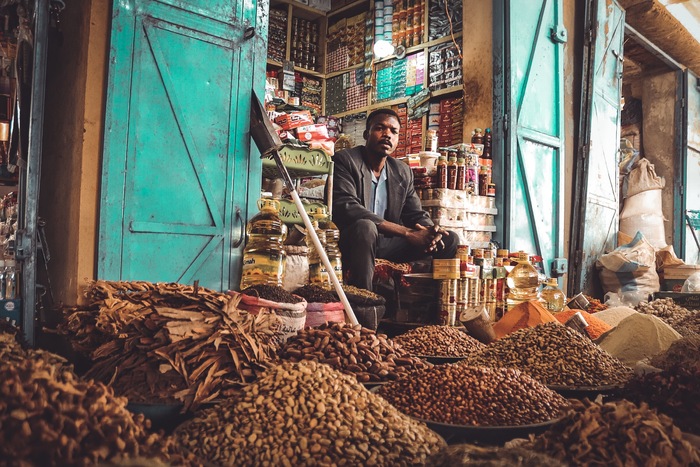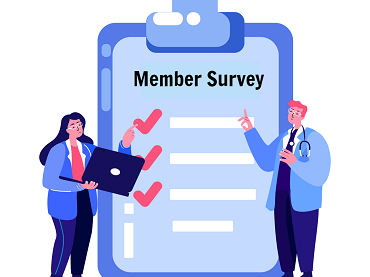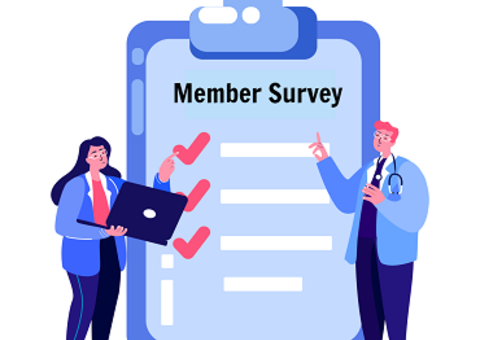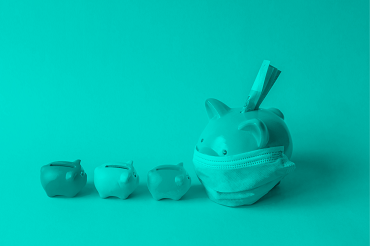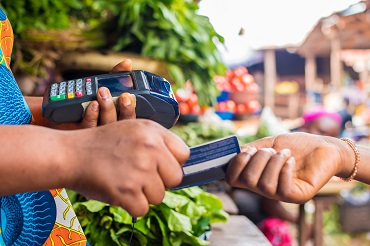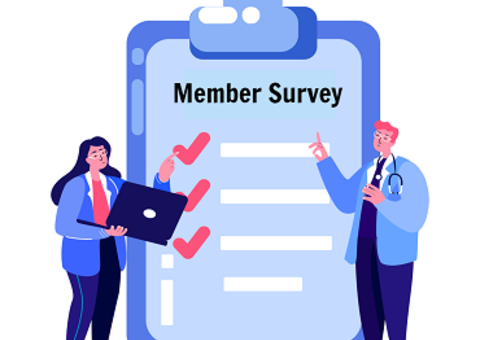Blog
Reducing financial vulnerabilities for women entrepreneurs during COVID-19

A virtual roundtable summary.
“When women do better, economies do better.” (Christine Lagarde)
And the opposite is sadly true. The detrimental impact of COVID-19 on women will inevitably intensify the massive socio-economic shock worldwide. Given their predominant role in severely affected sectors such as services, small manufacturing, and trade, women-led SMEs have been among the hardest hit by the crisis. Thus, governments, banks, and other financial providers must imperatively adopt appropriate gender-sensitive responses that consider women’s unique needs, impact, and perspectives.
As part of a weekly webinar series on COVID-19 mitigation efforts, the SME Finance Forum hosted a virtual roundtable on Banking Women Entrepreneurs during COVID-19. The panel was moderated by José Etchegoyen (IFC). Syed Abdul Momen (BRAC Bank in Bangladesh), Gisela Babbaro (Banco Santander Argentina), María Gabriela Marine (Banco BHD Leon) and Pura Mendez (Banco BHD Leon) shared their practical insights on how banks have been proactively helping women entrepreneurs cope with the crisis in Bangladesh, Argentina, and the Dominican Republic.
Abdul Momen from BRAC Bank emphasized the importance of taking care of each woman client “like a star,” ergo the name TARA which means star in Bengali. Focusing on women banking, the TARA unit conducted a survey within three days to determine the specific problems faced by female entrepreneurs amid COVID-19. Strikingly, 67% of the respondents already had to close their business. And while 85% of women-led enterprises were no longer able to collect receivables, 76% of those which remained open would run short of inventory within a month. After identifying the urgent needs of its women SME segment, BRAC Bank implemented a comprehensive set of measures, such as moratoria on loan repayments, reduction of interest rates, provision of a working capital facility, and webinars to provide strategic guidance for businesswomen. The bank has accelerated its efforts to promote the use of digital financial solutions, and TARA has leveraged its mobile financial service bKash to promptly deploy an emergency cash facility. Interestingly, customers have embraced digital channels for their payments, as shown by a 12x increase in the number of transactions from the bank to bKash wallets since the beginning of the lockdown.
Banco Santander Argentina is making gender diversity a priority globally in its operations, with 27% of its Board comprised of women, including the Chair. Coming from this strong position, Banco Santander in Argentina has a robust and existing program for women, centered on four pillars: 1) delivering online training and improving financial literacy, 2) creating networking opportunities, 3) providing unique financial products – including loans and insurance, and 4) offering a credit card with special discounts. According to Gisela Babbaro, to support women entrepreneurs affected by the pandemic, Banco Santander has launched a series of online talks on relevant topics generating more than 20,000 views on its YouTube channel. The bank has also created a new COVID-19 dedicated website that displays information about newly enacted measures and shares relevant activities and training tools. Additionally, the bank has established a $125m credit line - backed by the Argentinian guarantee fund - which has enabled about 9,000 SMEs to pay more than $200k in wages. As highlighted by Gisela, Banca Women has built a community of businesswomen who benefit from various initiatives, including greater visibility via the bank’s social networks and a scholarship program in partnership with the London School of Economics.
Pura Mendez from Banco BHD Leon gave the final presentation and described their work to support women-led SMEs, which have been impacted by the crisis. In the Dominican Republic, 40% of SMEs are women-owned, and the sectors in which they are concentrated, such as the tourism industry (which employs 1.6 times more women than men), is one of the hardest hit by the COVID crisis. Women were already vulnerable before the crisis - spending 5x more time in childcare and 3.5x more time in household chores than their male counterparts, experiencing an unemployment rate 2x that of men, and vulnerable to increasing gender-based violence. To mitigate some of these dynamics, BHD Leon has lowered loan interest rates, eliminating late payment fees and interest for three months on supermarket bills, increased withdrawal limit from ATMs, and provided free online business courses and webinars targeted to SMEs. To stay in touch with its customers, the bank has been very active in surveying its customers. One notable finding was that women were much less optimistic and confident than men when asked about possible recovery time for their businesses, highlighting the need post-crisis to go more in-depth to reassure women that they can recover and reduce their financial vulnerabilities.
When addressing digitalization, especially for informal businesses and those in rural areas, there was concern about the feasibility of shifting services from personal to digital contact. For BHD Leon, this isn’t a big concern as many people have a smartphone, and the country has a 90% mobile penetration rate. However, other countries such as Bangladesh don’t have the same positive phenomenon, and BRAC reaches its customers mainly through the phone as smartphones and internet access is not ubiquitous. In Argentina, Banco Santander has invested in online financial education and promoted financial inclusion through local NGOs as a way to address limitations. Momen from BRAC expressed his optimism about overcoming legal barriers as a result of this crisis and stated it had been an opportunity to be in dialogue with regulators to support more digitalization in their market as the business has become “unusual.” It will take time to adapt to a new reality as digital finance becomes the “new normal.”
To conclude, when thinking about improving women’s businesses and recovery time from this crisis, contextualized, and holistic measures and approaches will need to be put in place, as exemplified by BRAC Bank, Santander, and BHD Leon. No emergency or incident should hinder a woman’s financial autonomy because “for women, financial independence isn’t just a matter of strength; it’s a matter of necessity.” (Carrie Schwab-Pomerantz).




